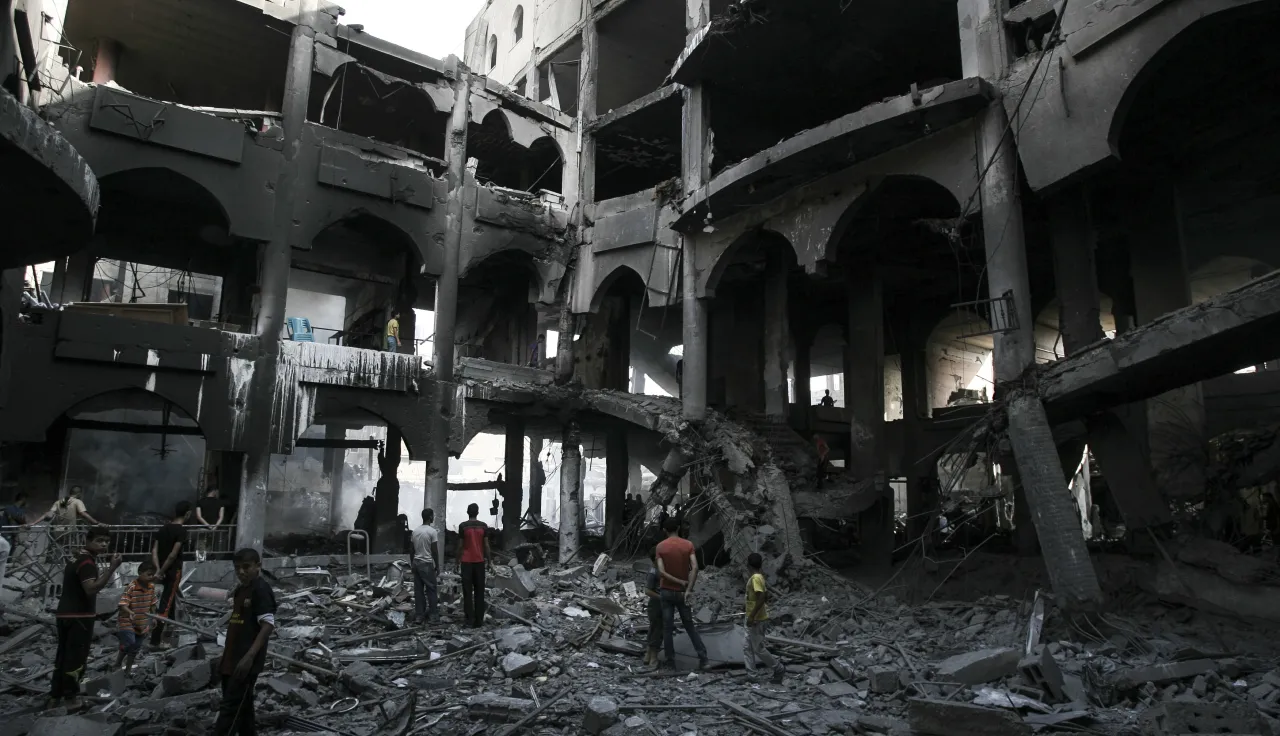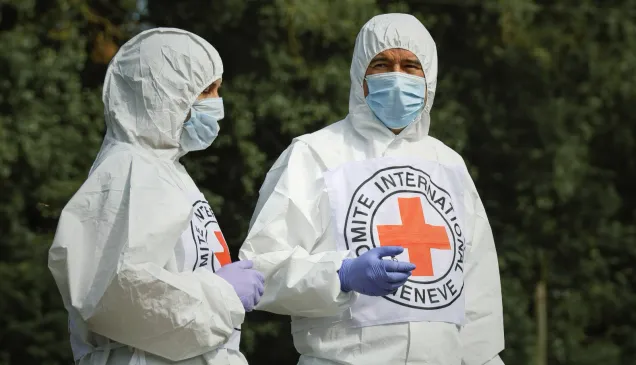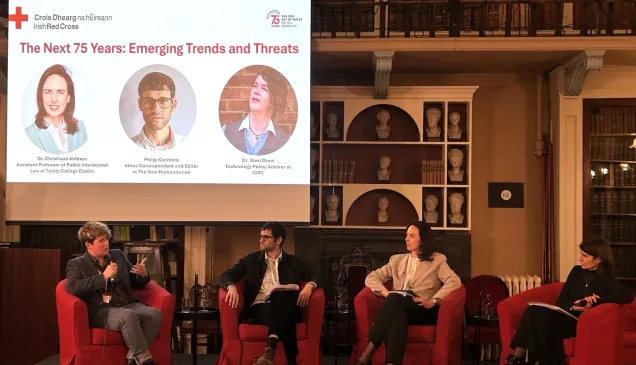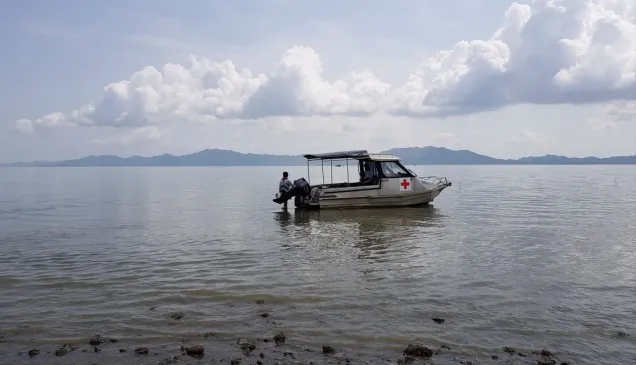Ladies and Gentlemen,
Dear colleagues,
It gives me great pleasure to join you here today to mark the adoption of a milestone declaration which emanates from our common goal to improve the protection of civilians from the use of explosive weapons in populated areas.
At the outset, I wish to thank Ireland for the exemplary leadership which brought us – despite the many challenges – to this successful outcome.
This Political Declaration is a collective achievement with the potential to change the fate of hundreds of thousands of persons affected by armed conflict around the world.
It is a major step towards strengthening the protection of civilians and respect for international humanitarian law where it matters the most.
The use of heavy explosive weapons in populated areas is one of the major causes of civilian harm in today's armed conflicts.
When fighting takes place in cities, men, women, and children are exposed to unacceptably high risks.
Whether in the Middle East, in Africa, Asia, Latin America and now also again in Europe, we continue to witness the devastating pattern of suffering and destruction they cause.
Countless lives are shattered, countless victims disabled and traumatized because they happened to be in these weapons' large impact area.
Many more suffer, fall ill or even die when a bomb, missile or mortar damages critical infrastructure, cutting off vital services such as water, electricity, sanitation and health care.
Entire populations flee to escape bombing and shelling or because life in the ruins becomes unbearable. Many remain displaced for months or even years. Large regions are contaminated by unexploded ordnance long after hostilities have ended. Ultimately, whole generations are scarred, and development indexes are set back by decades.
When bombs fall in cities, pain multiplies. Lost lives. Lost limbs. Crumbled homes. Crushed dreams. That's why today's declaration is so important. It brings hope that the immense suffering of civilians will no longer be accepted as an inevitable by-product of warfare.
For the first time in an instrument of this kind, States acknowledge the gravity of the problem and commit to taking concrete actions to address it, including by restricting or refraining from the use of explosive weapons in populated areas, where such use may be expected to cause civilian harm.
The ICRC welcomes this and the other important commitments in the Declaration.
Since 2011, we have been calling on all States and parties to armed conflict to avoid the use of explosive weapons with a wide impact area in populated areas, as a matter of policy, due to the significant likelihood of indiscriminate effects.
This is why the ICRC finds this Declaration so important.
It sends a powerful signal that belligerents cannot continue fighting in populated areas the way they have until now. This change in mindset and perspective is crucial. Yet, we are only at the beginning of a long process.
We must now work together to broaden support for the Declaration and to effectively implement it, turning ambitious commitments into meaningful measures, policies and good practices that will help alleviate human suffering during armed conflicts and in their aftermath.
All States have a stake in this effort. We commend the many Governments which have already endorsed the document and strongly encourage all others to do so without delay.
For one, as the urbanization of warfare is a global phenomenon, also its consequences are also global. From people displaced by armed conflict to the ripple effects of essential service disruption on food security, the effects of the use of heavy explosive weapons in populated areas transcend borders.
Second, the Declaration aims to strengthen compliance with international humanitarian law, which is today direly needed. All States have not only an interest in doing so, but also a legal duty.
And third, the Declaration creates an international standard of behaviour. The more States endorse the Declaration, the stronger this standard will become. Let us not forget that, today, no one fights alone. Partnered military operations and other support relationships shape the course of armed conflicts around the world.
As more and more States agree to restrict or refrain from using explosive weapons in populated areas, partners and supported parties will eventually be held to the same standard.
So today we mark the achievement, but tomorrow we must work harder to put these important commitments into action. We owe this to the innumerable victims of urban warfare, and to our common humanity. I look forward to the follow-up process and exchange of good practices among States, with the involvement of the United Nations, the ICRC and civil society.
At the ICRC we are ready to share our expertise: this year, we published a milestone report providing detailed practical recommendations to political authorities and armed forces on measures they can - and should - take to curb the use of heavy explosive weapons in populated areas. We hope you will find these recommendations helpful in the implementation of the Political Declaration.
The immense humanitarian challenges we face today require collective action. We will continue to work closely together with the other components of the International Red Cross and Red Crescent Movement to prevent and respond to the devastating humanitarian impacts of urban warfare and the use of heavy explosive weapons in populated areas. We continue to count on your invaluable support in this endeavour.
I wish you a very successful conference.




